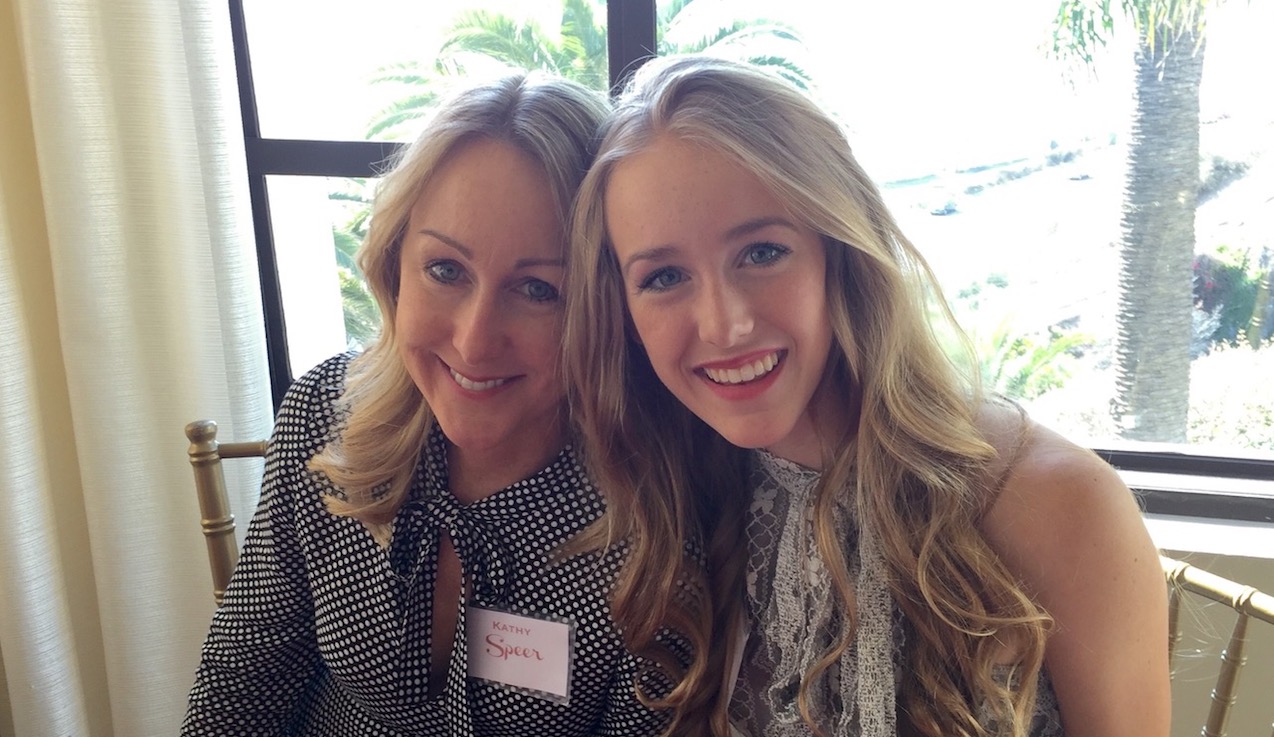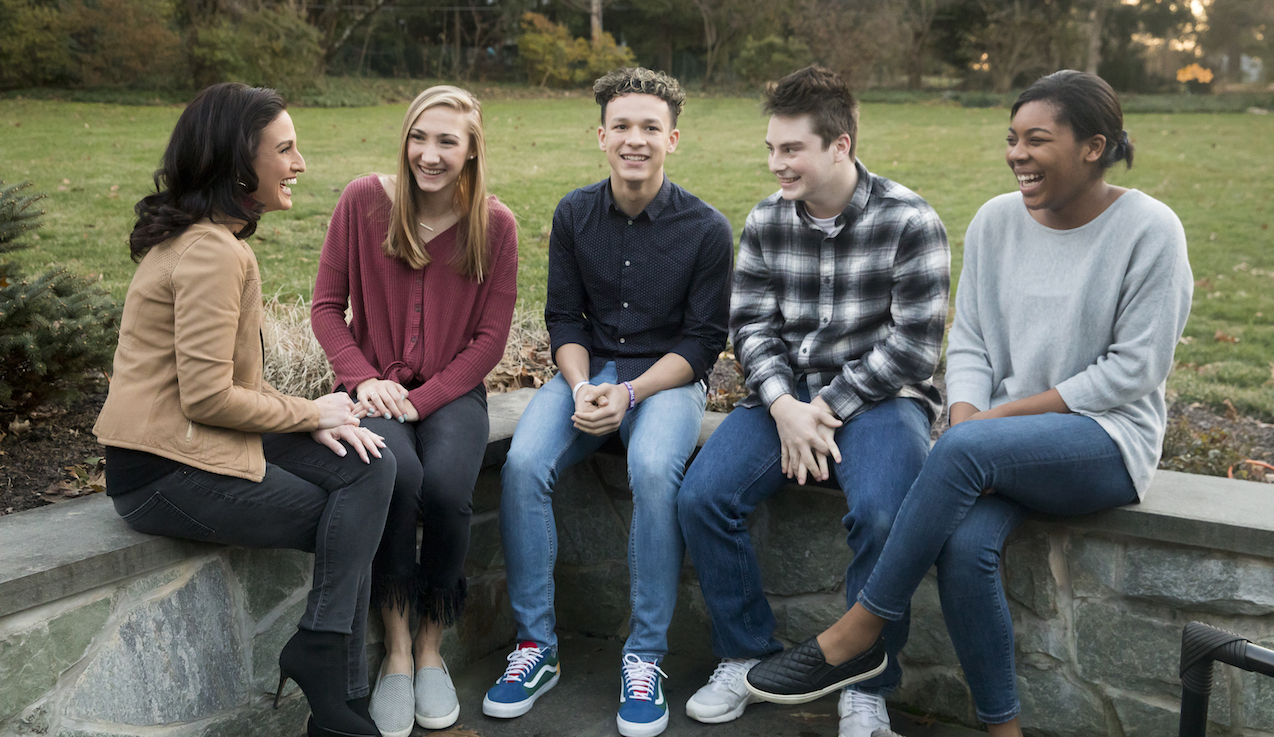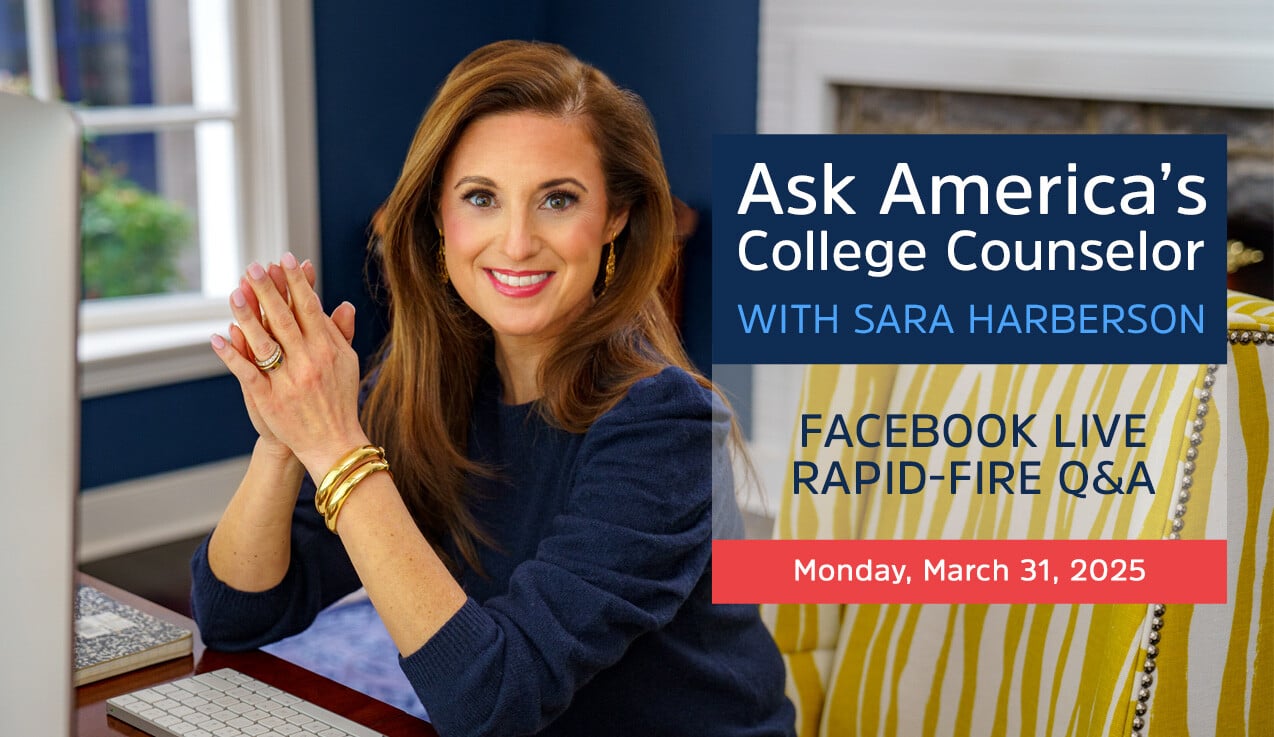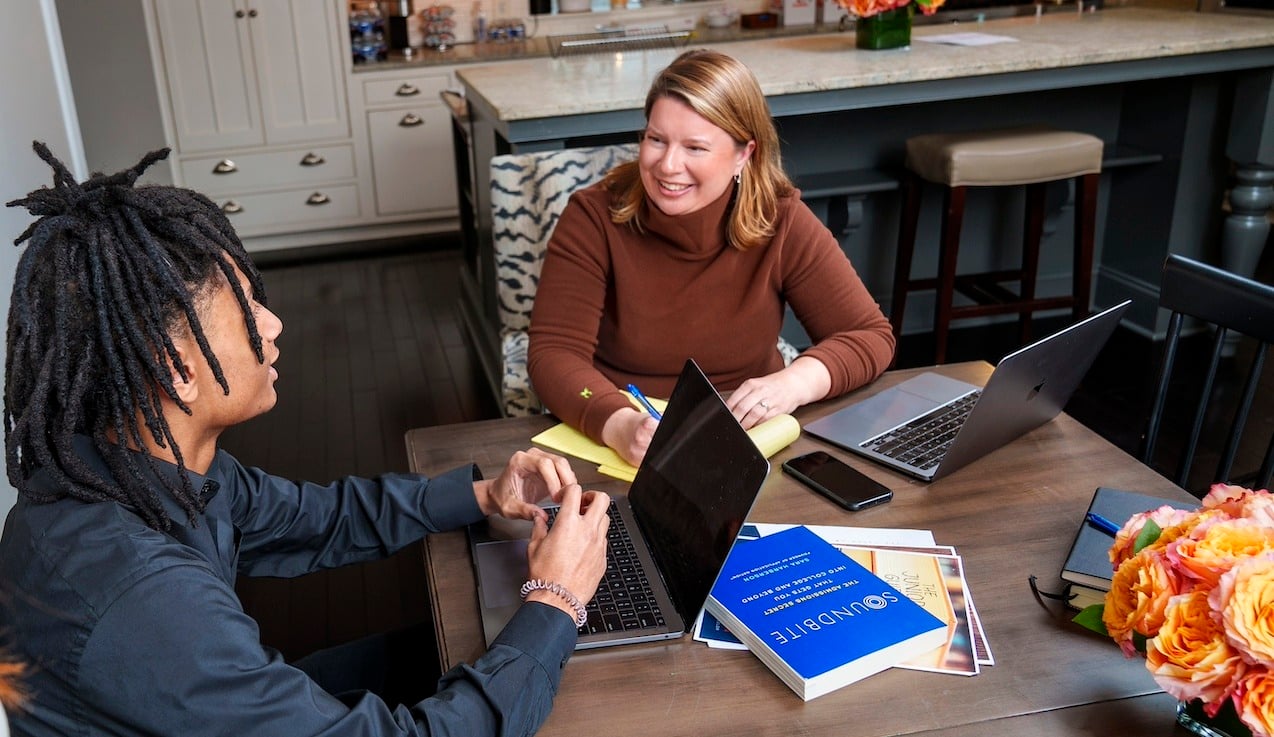I am part of a different generation of parents. Many of us were raised in the 1980s and 1990s when the "latchkey kid" was commonplace. We drove our bikes without helmets, fought our own battles, and applied to a few colleges on our own. In many ways, we might be overcompensating now with our own kids.
But this is a different generation of kids too. The bar is remarkably higher. They feel forced into taking a ridiculously challenging curriculum—one less AP class can be a differentiator at elite colleges. They take an endless amount of AP exams and then are expected to take Subject Tests during finals week as well (even though they already have AP scores in the same subject matters).
The list goes on. Students must volunteer, become leaders, make an impact, and, oh by the way, write not one college essay like we did back in the day, but oftentimes multiple essays for each college. For example, Stanford has ten additional shorter essays the student must submit.
Most parents don't bribe coaches, but they begin to take little things off their child's plate so that their kids can focus on being the best—because that is what is expected from elite colleges. Parents call the admissions office to find out details about a particular program because their kids can't use their phones at school. Unknowingly, this can hurt their child's chances because some colleges keep track of every thread of communication and one phone call from a parent can be enough to turn off an admissions officer.
Parents often will sign up their child for the SATs or ACTs. They scour websites to learn about as many colleges as they can because most school counselors have too many students on their caseload to help each family extensively. Many parents even open up their kids' emails from colleges because they hear that if you don't, the college doesn't think the student is interested in them which can lead to a swift denial.
The biggest disservice our kids face is that they need to know this information, yet they are not always getting it from their school counselor because counselors are overwhelmed with large caseloads, and at some schools, have limited training when it comes to admissions practices and strategies. The average student to counselor ratio in the United States is 482 to 1; some high schools do not have any counselors to speak of. Thus, many parents become the de facto counselor.
Want free college admissions advice?
Join Admissions Revolution—Sara's video library full of tips and insights!
The parents involved in the scandal had children who I'm sure were talented in their own way, but they were probably not ready for the types of colleges their parents wanted them to go to. This is the underlying issue. It's easy to get caught up in this process with our kids. We can learn every strategy and every angle, but the kids have to be driving the process. If not, they end up feeling like they don't belong at a particular college and regret not going somewhere else or doing something else which may or may not involve college.
I was recently asked why families need to hire independent college consultants like me. Specifically they asked, "What the hell is so complicated about this process that I have to have a sherpa guide me through it." Believe it or not, a sherpa is not a bad idea given how every college has different testing requirements, curriculum expectations, deadlines, and essays. A sherpa helps someone climb the proverbial mountain, and most kids need some help reaching the summit.
"A sherpa helps someone climb the proverbial mountain, and most kids need some help reaching the summit." TWEET THIS
Ultimately, there is no one that is going to support a student more than their parents. My entire business model for Application Nation (a low cost private college counseling program on Facebook for parents of college-bound students) is based on this simple truth. I teach parents how to think like an admissions officer so that they can become their child's very best college advisor. Parents are hungry for it. And although their children view them as mildly obsessed with the process, parents realize what they are up against. They know that there are families gaming the system just as we've seen in Operation Varsity Blues, and they honestly want to give their kids a fair chance when they apply.
Perhaps the term "Helicopter Parents" isn't completely accurate. Maybe the new term should be "Uber Parents." They're just trying to give their kid a lift and get them somewhere safely without getting lost along the way.











